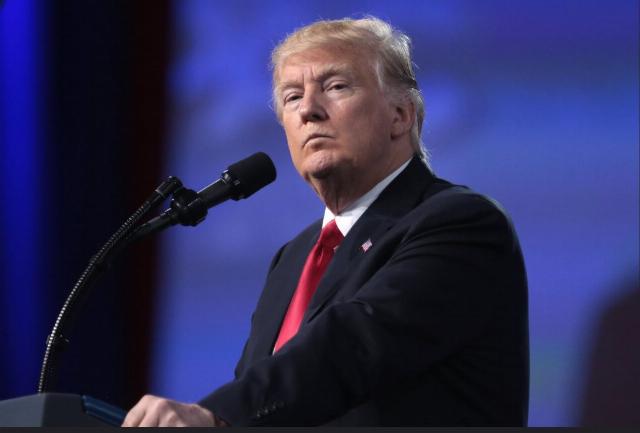A lesson in great power politics
I want to transport the reader back to a different place and time. It’s the early 1960s and the darling of Western intelligentsia, Fidel Castro, has recently taken power in a Marxist revolution in Cuba. Many see him as just another garden variety caudillo, but soon he will leave his mark on world history. He has courted favor with another militant adventurer in the Kremlin, Nikita Khrushchev. This bromance matures rapidly after the CIA bungles a counter-revolutionary invasion of the island. The pair hatch a bold scheme to strategically challenge the United States in its sphere of influence in the Western Hemisphere. They plan to militarize the island with nuclear missiles. In response, the Kennedy administration prepares for a full-fledged invasion of Cuba and gives Khrushchev an ultimatum to remove the missiles. After some initial whining about Cuba being a sovereign nation with the right to defend itself, Khrushchev backed down and removed the threatening missiles.
It’s now 2014 and for over two decades the U.S. State Department has steadily enlarged NATO eastward into the former Soviet Bloc over the objections of the new Russian state. Seizing on the next opportunity, the state department sponsors a coup in Ukraine. It succeeds in driving out the sitting Ukrainian president, but infuriates Russian President Putin to the point where he annexes Crimea and supports a secessionist movement in the Donbas region of Ukraine. Like Kennedy, Putin has no intention of allowing Ukraine to become a militarized western outpost on the doorstep of Russia. Ukraine’s entry into NATO is a redline for him, but the U.S. State Department believes that it can continue to ignore Russian interests in its former sphere of influence.
Putin’s full-scale invasion of Ukraine in Feb. 2022 is a rude wake call to U.S. leadership. After several more years of war and escalating tensions with Russia, the American electorate sours on the conflict and elects as president, Donald Trump, with a mandate to bring the war to an end. As with Cuba in 1962, protests emanate from power centers in Ukraine about it being a sovereign nation with the right to defend itself and join any military alliance that it wishes. However, the three decade long political gambit to enlarge Western influence into eastern Europe at the expense of Russia has come to an end, and President Donald Trump knows it. Although Western intelligentsia refuse to let go of the Munich appeasement narrative, with one phone call to Putin, Trump has put a dagger in it. Trump has brushed aside its centrality by proposing a conference to meaningfully reset the geopolitical relationship between the United States and Russia for the first time since the breakup of the Soviet Union. Whether Trump will succeed is to be determined, but Trump’s phone call to Putin provides recognition that Russia is a great power again and must be dealt with in a respectful manner by the other great power, the United States.
Image: Gage Skidmore, CC BY-SA 2.0, via Flickr, unaltered.
